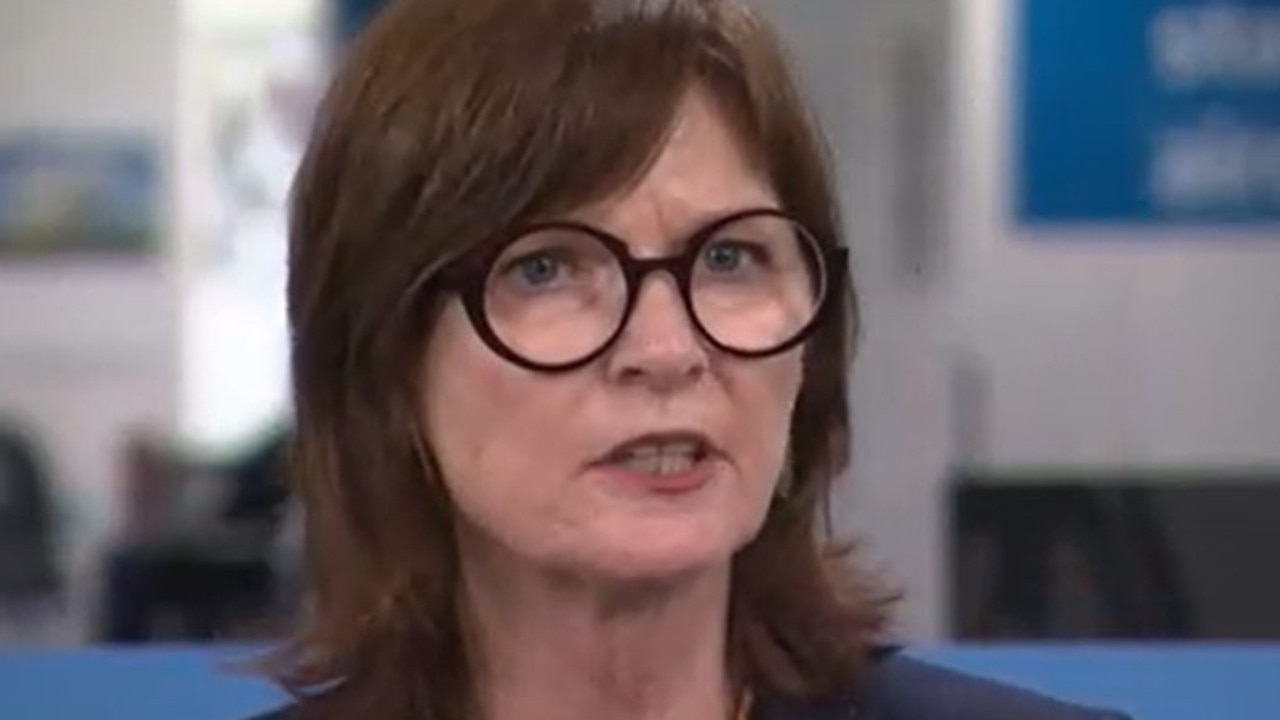From the hoarders mouth: What living with the illness is like
DEBRA is a mother, wife, medical lab technician - and she has been hoarding for as long as any of her kids can remember. She just can't stop.
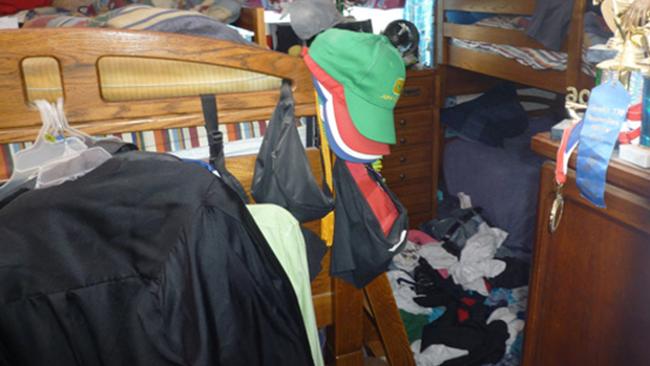
DEBRA is a mother, wife, medical lab technician - and she has been hoarding for as long as any of her kids can remember.
She has filled her house with more than 20,000 pieces of clothing, and run up a $54,000 credit card debt. Home shopping is her biggest temptress, and when she can't find anywhere to sit amid the piles, she heads out to discount stores, shopping malls, and anywhere she can snag a bargain.
"The piles of clothing in our room sometimes reach the ceiling," says Raymond, Debra's husband, who banded together with his sons to clear space in the downstairs room and the kitchen - but couldn't get Debra to budge on anywhere else.
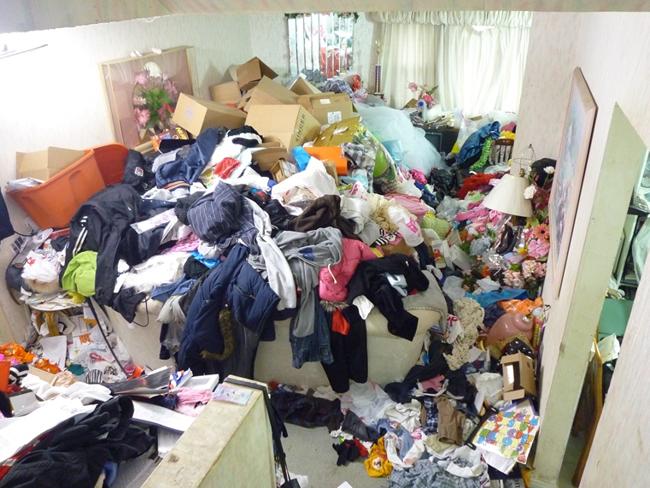
Enter Dorothy Breininger, Organising Expert, author and co-producer on the Emmy nominated television show Hoarders.
"Debra was a hard case," she tells news.com.au of the woman who features on season seven of the show. "The show is often upsetting - we have to wear masks, hazmat suits, things like that. But I have only ever really cried twice while doing Hoarders - and one of those times was when I was dealing with Debra," she says.
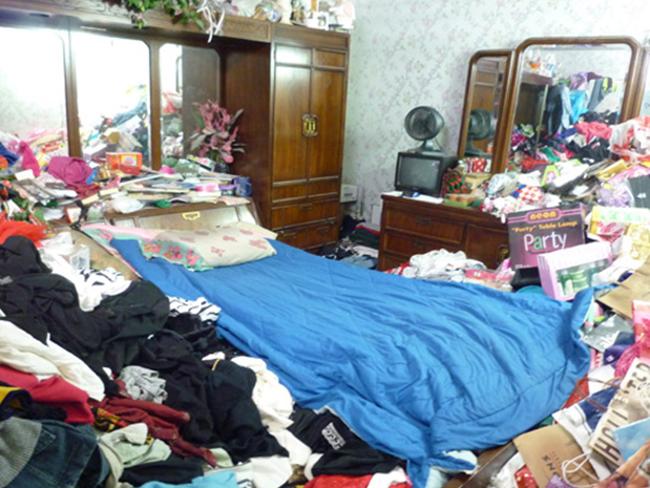
At one point during filming, after dragging thousands of clothes out onto the lawn to sort them, Debra loses it, screaming: "But why throw out brand new things?"
"Because you don't have space!" Dorothy cries in return.
"But if it's important to me, that's what it is!" says Debra.
"But 100 per cent of everything is important to you," retorts her husband, and so the rest of the episode goes.
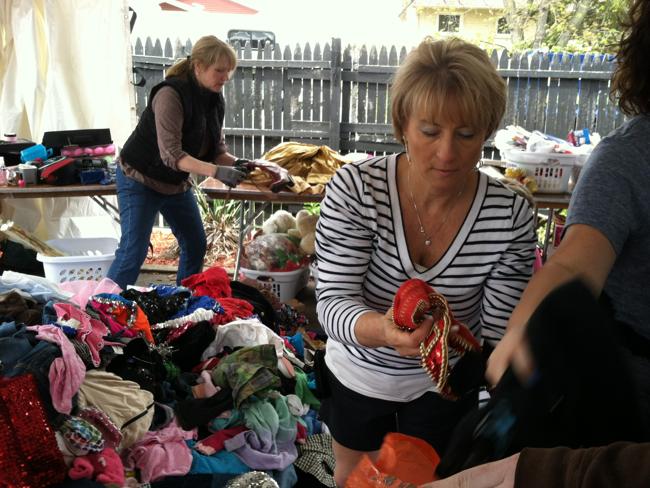
"It was so difficult," says Dorothy. "There was so much dysfunction because of the hoarding. She has four boys and one girl. Three of those boys were over the age of 16 and still in bunk beds because there was no space. Her daughter was her favourite, she had been in pageants so there were boas and tiaras and dresses everywhere, and the boys just hated it. At one point she said, 'I never liked boys, I wanted a girl so I just had to keep going', and her boys were listening to this! They were so hurt."
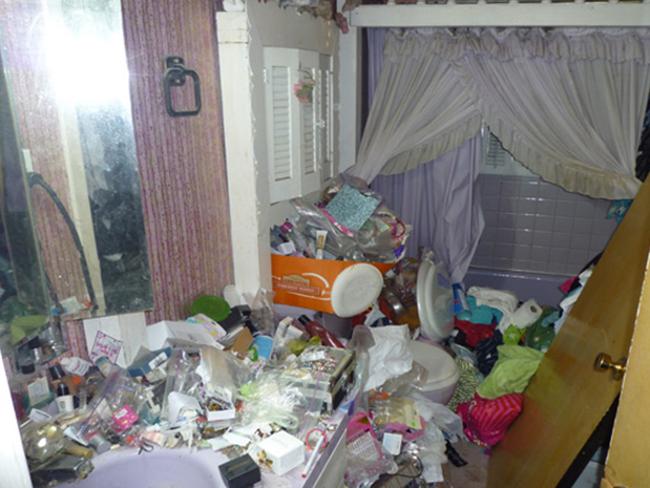
Pushing through, Dorothy and her team managed to clear a lot of Debra's things, and wanted to reward her efforts.
"We spoke with Debra about doing a bit of a makeover for the house. She had told us that any colour would be OK, so l though, what's something neutral, that the men would like too? There are five men in that house, and previously it was all pink! You couldn't really tell because of all her stuff but it was all pink, the boys hated it. So, we went with white just in the living areas. She loved Paris so we did a bit of a Parisian theme, working through the night to get it done.
"When she walked in the next day she looked me in the face and she said, 'I hate it. Any colour but not white. I hate it all.' And we'd worked like dogs to get this done! We'd chosen a neutral colour, we really thought she would like it. At the time I was thinking, 'don't cry you're on television', but then I was thinking, 'holy crap, this is the disease. This is the disease talking'."

And it's true - it was the disease talking. Hoarding was last year categorised as a mental illness, much to the relief of people like Dorothy, who work with hoarders and their families.
"For us, as professional organisers or therapists, it's fantastic to have it classified. It helps family members to understand better. I think it's important because once it's in a diagnostic manual like it is now, we can have therapists being trained in the area.
"For the hoarder though, they don't like it. They don't want to be labelled. It's difficult to accept. I'm in a unique position, because they often don't want a therapist because they're not 'ill'. But they're willing to talk to an organiser. That's where I come in," she says.
One such woman in Australia is Karen Koedding, the first professional organiser in the country to gain an international certification. Her work focuses mostly on "sensitive people", or on "busy people" who think they don't have time to organise their homes - and slowly become overwhelmed by the cutter.
"I once had a client who had a $3500 in cheque lost in piles of papers. I often find wads of cash. Not being organised with what you have can be an expensive business," she says.
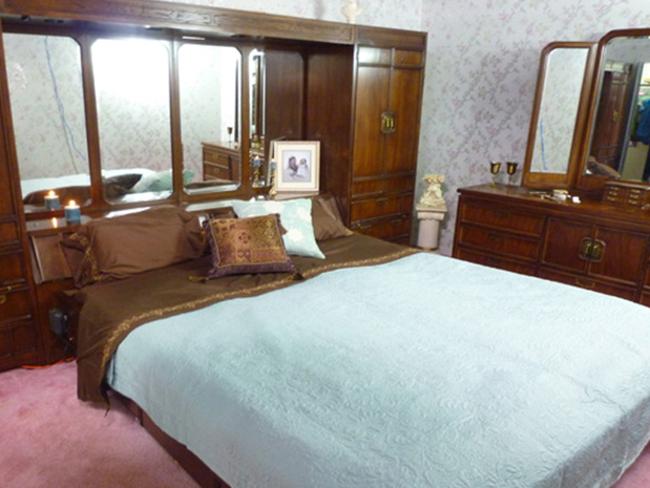
But as both Karen and Dorothy point out, there is a difference between a 'clutter gatherer' and a hoarder. New research has found that hoarders have unique patterns of brain activity when faced with making decisions about their possessions, which prevents them from being able to discard anything. They see their possessions in a completely different and more valuable way than other people would.
"Hoarding is often triggered by an event in someone's life, some kind of trauma, or it can be hereditary. But it is compounded by western society - it's western disease" explains Dorothy.
Indeed, in Australia, one million people suffer from hoarding, compared with between two and five per cent of America's population.
"I think the only reason Australia's statistic is lower is because things are more expensive here," Karen, a New York native, says.
Dorothy agrees, pointing out that the show Hoarders is popular in the US, Canada, Australia, the UK and Germany - countries which are all quite wealthy, and where people can afford to buy things.
But what can you do if you have someone in your life like Debra, who seems to refuse any help offered to her?
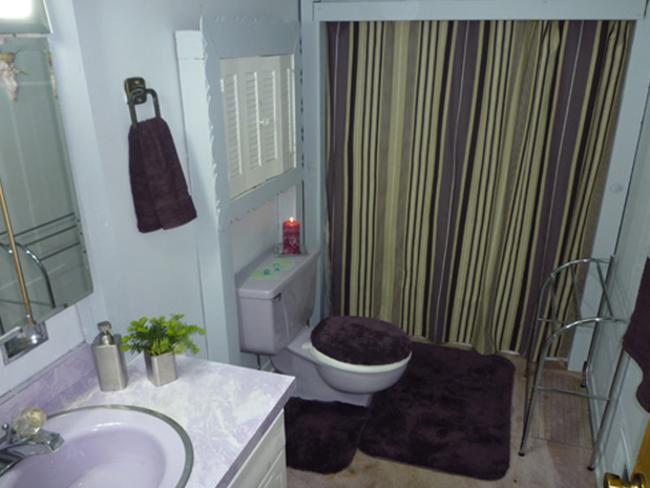
"Well you can't burst in and say, what do want me to get rid of - it just doesn't work, don't do it," advises Dorothy.
"But you can say, what does this picture mean to you? What important people in your life are in this shot? What do you want to keep, rather than what do you want to throw away."
Dorothy is not only speaking from her experience working on the show - she is speaking from personal experience, as well.
"I was hoarding sugar and flour and food on my body," Dorothy, who used to be chronically overweight, says.
"lf someone had come in to my house and I'm 37 kilos overweight, and you try take away my cookies and my ice-cream, I'm going to be mad. I don't want you to touch my food. And that's how hoarders feel when you come in. It's similar if you're an alcoholic, it's like any other illness. The moment you pick up a drink, it's over. For hoarders, if they buy or collect something else, it's over.
"Everyone's brain thinks differently, so you have to learn now their brain thinks. Not everyone is a type A personality. For example, some people are filers and they love to file. Other people - most people - are pilers. So why not create a pile system rather than a file system? Take a bookshelf, take the books off the bookshelf because they're just sitting there unused, and use that space instead. Label each pile - pay, bills, tax, and so on. Get a basket for each if you want. Because why would l teach you filing, when you think piling? Your brain works differently to mine, and that's OK. We just need to learn how to work with it.
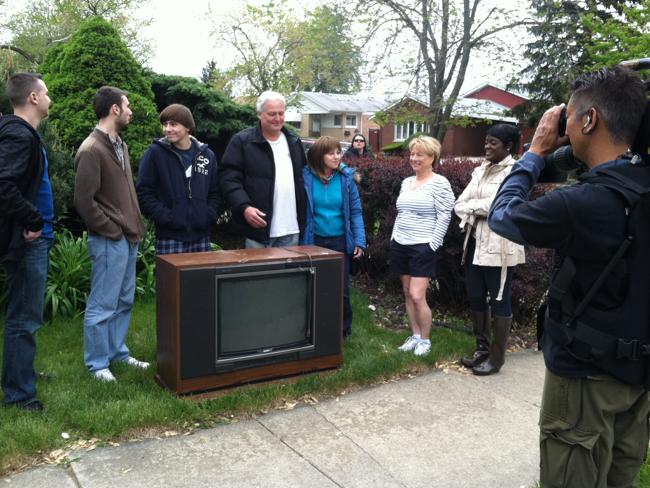
"Hoarders need support. They need follow up. The people I treat who hoard, the people who do the show, they all have my phone number. The show provides follow up therapy sessions for free. I wouldn't do it if it wasn't for that. When you take on a client who hoards, its not just about the visit - it's a person you take on for life, like any other mental illness. That's how I look at it," she says.
So has she done any follow up with Debra?
"She hasn't called. She doesn't want to see me, I have tried. It is hard not to be emotionally involved - I'm a human, too. But she has my number, so we'll see."
Dorothy Breininger is in Australia for the Organising Australia conference, which begins today and also features Karen Koedding. Season seven of Hoarders is screening on Foxtel. Dorothy's book, Stuff your face or face your stuff, is available now.
###


